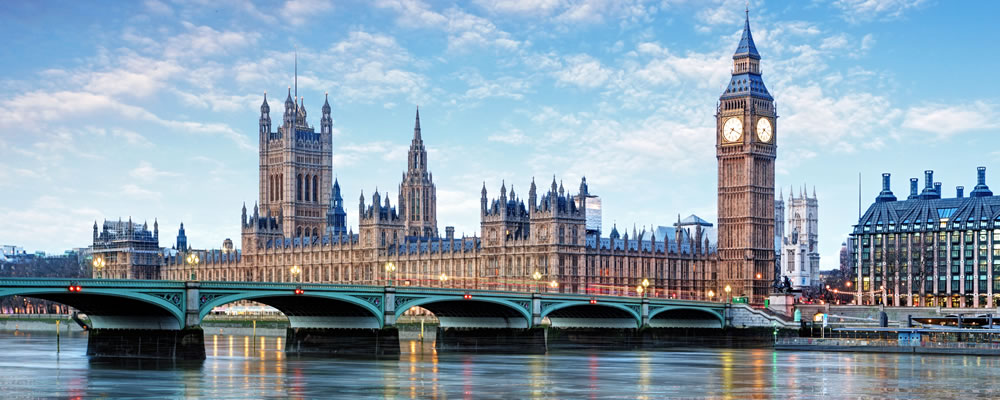- GBP EUR Falls on Brexit Speculation – Article 50 bill expected to pass through parliament easily.
- Euro Bolstered by Inflation Data – Sharp uptick in Eurozone inflation strengthens market sentiment.
- UK Manufacturing PMI In Focus – Sterling expected to soften as manufacturing set to disappoint.
Sterling extended its gains against the Euro this afternoon, briefly jumping from around 1.17 to almost 1.18 as a leaked EU report warned of the consequences of the Eurozone losing out if a ‘workable’ Brexit deal is not struck with the UK.
The paper warns that the 27 other members of the EU risk losing out in negotiations as the UK financial sector manages a significant portion of EU assets and capital market business. (Updated 14.20 GMT 01.02.17)
The Pound clawed back some of the week’s losses yesterday evening following comments from Trump’s trade adviser Peter Navarro, who suggested that Germany was taking advantage of an ‘undervalued’ Euro, causing GBP EUR to jump from 1.6093 to around 1.6524.
However some robust Manufacturing data from across the Eurozone could drive the single currency higher as the day progresses. (Updated 9.50 GMT 01.02.17)
The GBP EUR exchange rate tumbled on Tuesday following reports that the UK government’s Brexit bill will pass through parliament without meeting any major resistance.
Labour MPs have been told to back the bill by leader Jeremy Corbyn and the majority of Conservative MPs are also in support of it.
Comments from one of team Trump regarding the ‘grossly undervalued’ Euro have also contributed to the GBP EUR movement.
Pound Euro (GBP EUR) Drops as Article 50 Bill Expected to Cruise Through Parliament
The Pound Euro (GBP EUR) exchange rate fell yesterday as investors reacted poorly to reports that the UK government’s Article 50 bill will easily pass through parliament next week.
The bill is expected to pass without amendment after Conservative rebels who had planned to block the government’s bill have reportedly been appeased by Theresa May’s promise to release a White Paper fully outlining her plans for Brexit.
It now looks unlikely that the bill will meet any real opposition as it passes through parliament due to the lack of enough cross-party support to effectively block it, with Labour preparing to back the bill. In a debate on Tuesday Sir Keir Starmer, the Labour Shadow Brexit Minister, said;
‘I wish the result had gone the other way. I campaigned passionately for that. But as democrats our party has to accept that result and it follows that the prime minister should not be blocked from starting the Article 50 negotiations.’
The bill is expected to face a vote next week in the House of Commons before moving to the House of Lords on the 20th of February. Theresa May hopes to have it passed by the end of March as she plans to begin the formal Brexit process before the start of April.
Accelerated Eurozone Inflation Rate Bolsters Euro
The Euro spiked on Tuesday morning following the release of the latest Inflation figures for the Eurozone, with the overall rate jumping from 1.1% to 1.8% in January, outpacing expectations from economists that it would only reach 1.6%.
The sudden jump in inflation mirrored the moves seen in the French and Spanish figures released earlier in the day, where the inflation rate rocketed from 0.8% to 1.6% and 1.4% to 3.0% respectively.
The surge led to speculation that the European Central Bank may be forced to reconsider its current bond-buying programme, which is scheduled to remain in place until at least December.
However previous statements from ECB President Mario Draghi suggest that even should the inflation rate meet its targets of 2.0% then it would not necessarily bring an end to its stimulus programme. Draghi has attributed further global instability as being a major factor in the Bank leaving its QE programme open ended.
GBP EUR Exchange Rate Forecast: UK Manufacturing PMI Ahead
The GBP EUR exchange rate may retreat further later today following the release of the UK’s latest Manufacturing PMI, as figures are expected to show that it declined from 56.1 to 55.9 in January.
Meanwhile Spain’s own manufacturing PMI could also hamper the Euro as analysts predict that it dropped from 55.3 to 55.0 over the same period.
Looking to tomorrow the Pound may struggle to advance as the Bank of England (BoE) is expected to keep the UK interest rate unchanged following its latest policy meeting, with the threat of weaker consumer spending in 2017 likely dissuading the BoE from raising rates despite the accelerated inflation rate.
Current Interbank Exchange Rates
At the time of writing the GBP EUR exchange rate was trending around 1.16 and the EUR GBP exchange rate was trending around 0.85.



